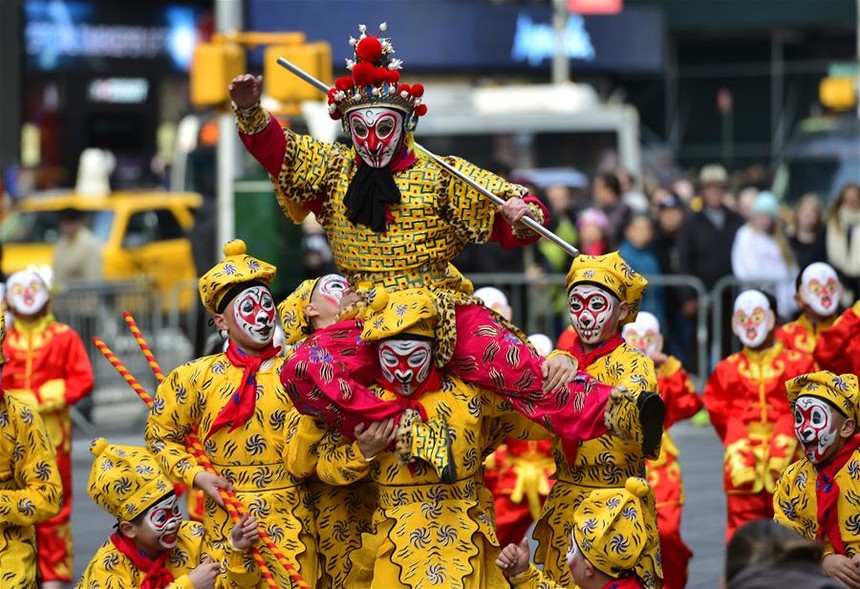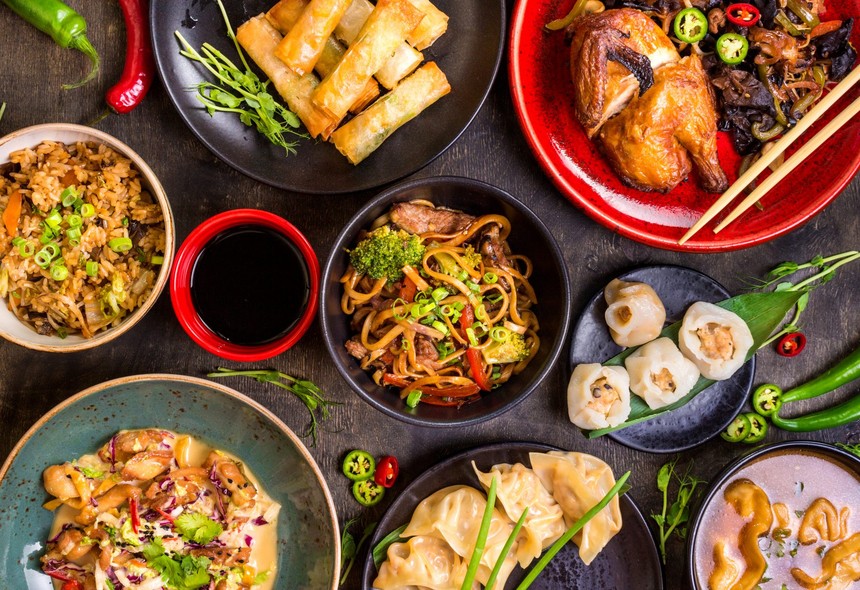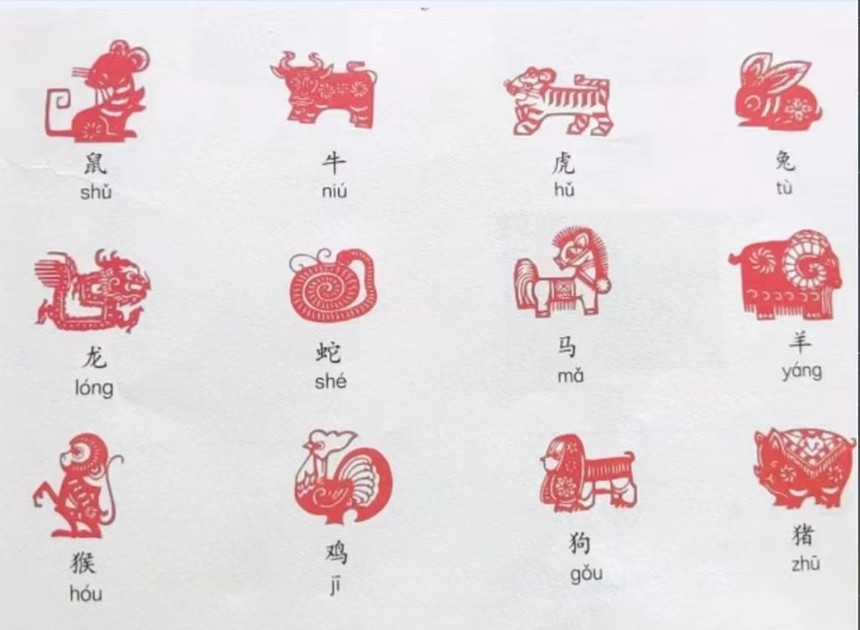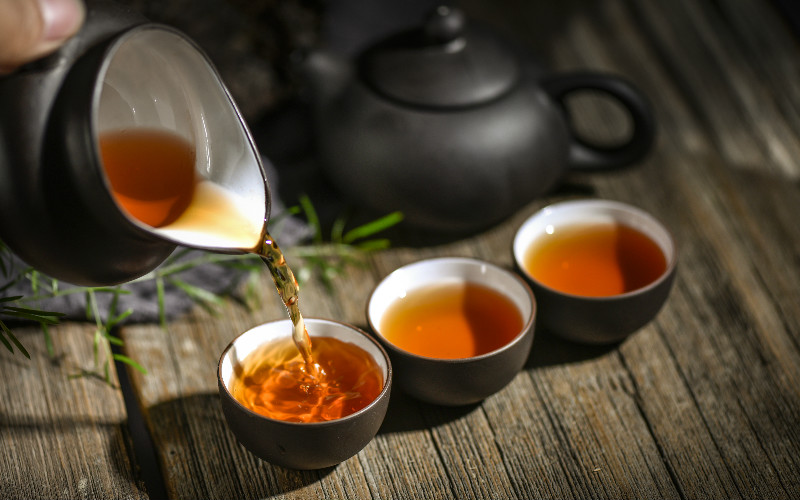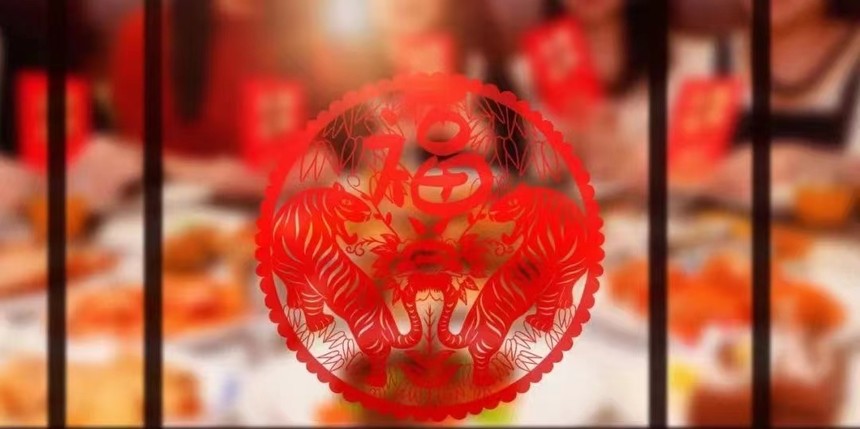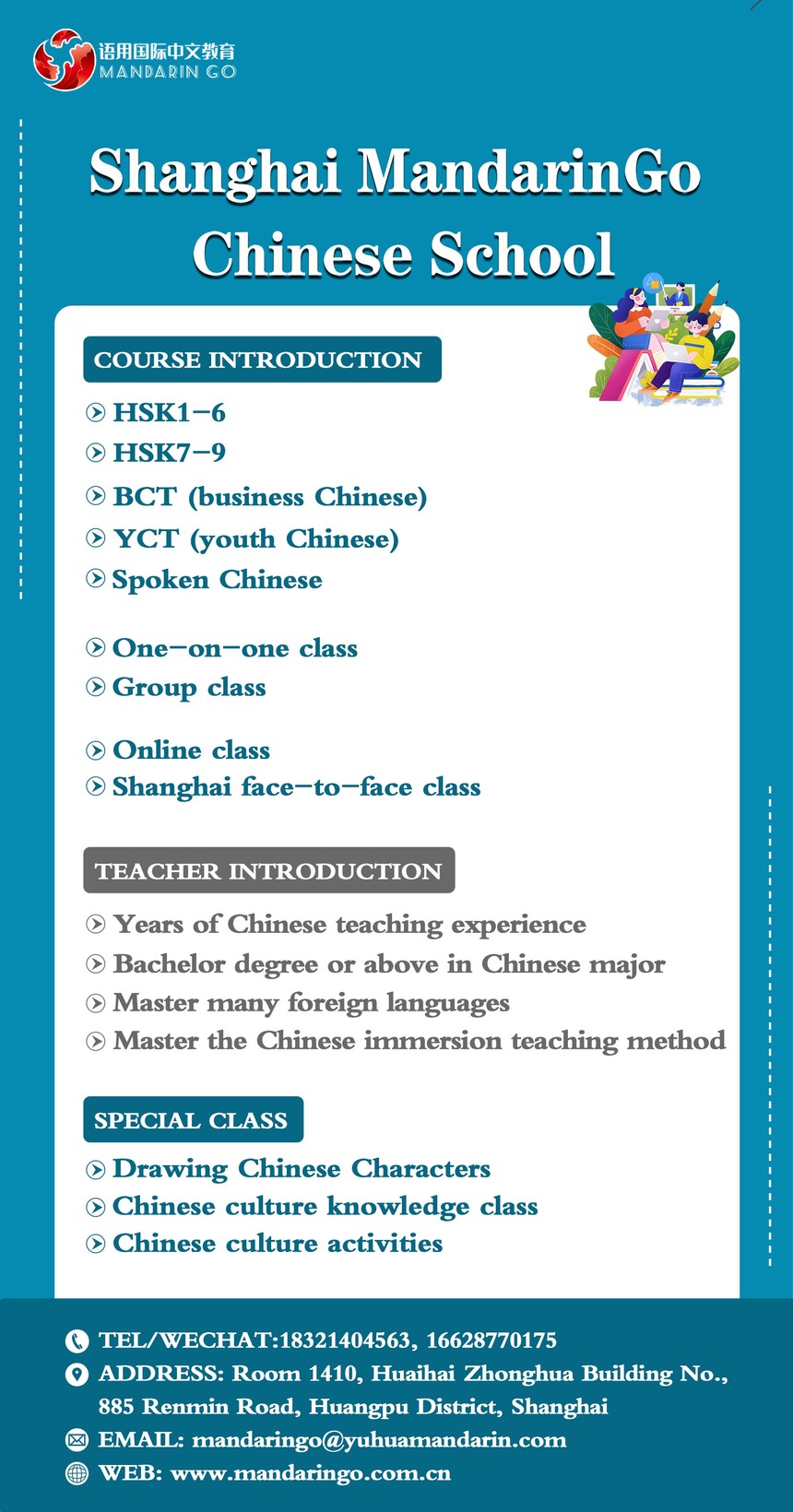Our Blog
|
Mandarin Go | 9facts about Chinese culture you NEED TO KNOW!
1.A very old culture Chinese culture, which dates back thousands of years, is considered one of the oldest in the world. 9% of ethnic groups are found in China. There are up to 56 recognized ethnic groups within this culture itself. The Han people are the most present, and several other peoples identify with them. They have their own customs, language, outfits, culture and much more. You should know that within the same group, there are probably different groups of people. For example, the Miao minority speaks several dialects and lives in accordance with different customs. More than a billion people live in China, 900 million of whom belong to the Han people.Beyond all its subcultures, most Chinese derive their values from Taoism and Confucianism. Chinese culture is visible mainly through religion, language, food, style, morals, music, art and customs related to marriage.
2.Family first! In China, great importance is attached to the notion of family and family structure, down to the ancestors. We then find a strong empathy between each one and values are at the center of their lives. This includes the relationship with children, respect for grandparents, involvement in society or even the notion of marriage. The living conditions and comfort are not the same as in Europe. Grandparents then usually live with their children once they are married and have their own children. This family bond does not, however, exclude the hierarchical and rigid tradition. Parents expect their words to be respected and listened to. Today, this stability is somewhat affected by the questioning of too rigid traditions, which creates contradictions. Also, parents put a lot of pressure on the shoulders of their children. It is important for them that they succeed in school, find a well-paid job so that they can provide for the oldest in the family. According to confucius' teachings, for a nation to prosper, families must prosper first. Its principles are respectfully taken up by the Chinese people, through teachings and stories. There is respect, dignity, perseverance and honor.
3. An intensive education system In China, the education system is very intense for young students who have to endure long working hours. They usually start around 6 a.m. and will not go to bed until 11 p.m. These students have only one goal, to pass their university entrance exam, whose places are limited. The gāokǎo (高考) is therefore very dreaded by young people. They compete with nearly 9 million other students and have to prove themselves in just 3 days. For the anecdote, only a little more than half will get the reward of integrating these establishments... Knowing that each university will define the job they can perform after graduation.
4. The standards of beauty You might be surprised to hear your host mom offer to take an umbrella on a sunny day. While the summer tan delights most Westerners, in China the whiteness of the skin is the very definition of beauty. So, the umbrella has another function, to protect you from the sun! It won't be hard to find a bunch of skin whitening products in stores... The perfect woman in China is Bái fù mei; be white, rich and beautiful.
5. Food… so much yummy food everywhere! In China, cuisine has its importance and differs from region to region. If the flavors are more subtle in the north of China, in the west, there are many very spicy dishes. Central China delights your taste buds with a mix of spicy and sweet dishes. To the east, seafood, soups, rice and noodles are favoured, while in the south you will find Cantonese cuisine with ginger and soy dishes. Among all its regions find the "8 great cuisines" of China: Anhui, Cantonese, Fujian, Hunan, Jiangsu, Shandong, Sichuan, and Zhejiang. All depend on their origin, resources and climate, their history, their cooking technique and lifestyles. Although what we want you to believe in Chinese restaurants in the West, fortune cookies are not a big deal! They are, so to speak, never served to customers in China. However, rumors about food are no longer a secret. It is a real delight often composed of several dishes! Food symbolizes a lot. Probably related to the importance that is given to it in Chinese culture and the bond it creates during family tables.... To try to taste typical Chinese dishes, it is better to favor small restaurants, often located in the streets more difficult to find. A tip: No spicy dishes for you? So remember this sentence: 'bu la' (不辣 i)!
6. China, a superstitious population As you might have guessed, superstition is very present in this culture. Above all, it is taken very seriously. On the side of numbers, the 8 is a lucky number in their eyes, while the 4 brings misfortune. We could compare it to our number 13 in the West. You will never see the number 4 in an elevator for example... The rule of chopsticks, be careful how you hold them! When eating, avoid directing your chopsticks upwards. This is associated with death and funeral customs. In Chinese culture, the Zodiac determines which animal represents an individual based on the year in which he was born. There are 12 animals and each gives indications about the destiny of this person.
We also count the 5 elements that will represent in turn, the luck of a person. There are wood, fire, earth, water and metal. Finally, Chinese culture defines 2 fundamental energies: Yin and Yang. They must be balanced to bring good luck. You will find Yin and Yang in many Chinese customs, including medicine, Feng Shui and Taoism.
Know that the Chinese can say a lot about your social belonging. The way you drink your tea can reflect your status! It is also very common to welcome visitors by offering them a cup of tea or at the end of professional meetings.
8. Festivals, a great tradition You should also know that Chinese culture includes a wide variety of festivals such as the Chinese New Year, the Lantern Festival, Ching or the Ghost Festival Month, the Dragon Boat Festival, the Moon Festival, the Festival of the Gun Hills, and the Chau Bun Festival.
Chinese New Year alone has become a tradition for more than 4000 years... It symbolizes the end of the winter season and marks the beginning of spring. To celebrate it, go to the 1st day of the month of the lunar calendar. This calendar starts between late January/early February and ends with the first full moon, 15 days later. The biggest fireworks take place during this festival, it's worth a look! 9. Chinese medicine, also a tradition Traditional Chinese medicine has been practiced for more than 2,500 years through knowledge of medicinal herbs, acupuncture, massages, exercise and diets. It is a philosophy based on Yinyangism, later immersed in Daoïsme. The disease is perceived as a disharmony or imbalance between Yin, Yang, meridians but also between the human body and the environment. Therapies are therefore based on the identification of this disharmony.
If you want to know more about Chinese culture, and learn more about is language scan the QR code below :
|


